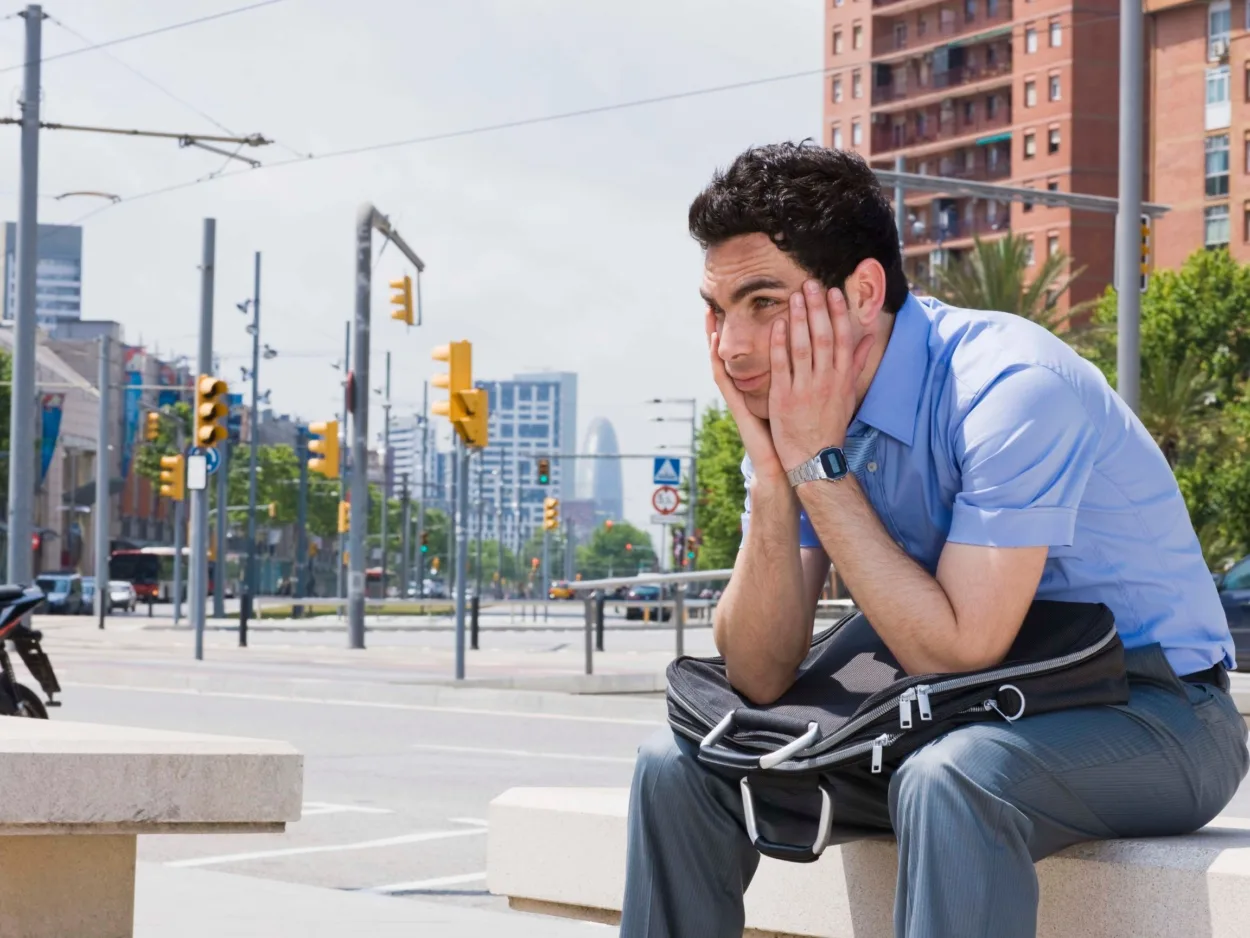
When people enter addiction treatment, the first stage is to break the physical dependence on the substance. Medically supported detox is the safest way to go through this process and handle withdrawal symptoms. Afterwards, the deeper recovery work can be done. This includes various types of therapy. Here is an overview of common counseling approaches used in addiction treatment.
Cognitive Behavioral Therapy
Cognitive behavioral therapy (CBT) is probably the most widely used therapy for addiction treatment. The principle behind CBT is that learning processes play a key part in the negative behaviors that are responsible for substance abuse. By applying different skills, people with addiction can resist cravings.
During CBT, people explore the underlying factors that lead them to abuse substances. They also learn positive strategies for dealing with those triggers. They are taught to recognize the situations that are likely to make them want to relapse and how to deal with those situations in a positive way.
Contingency Management Therapy
This type of therapy is based on a rewards system. Clients are given incentives for completing desirable actions, such as having clean urine samples or attending a certain number of treatment sessions in a row. The rewards might include vouchers for food or entertainment, or even cash prizes. Contingency management therapy has been proven effective in research studies, making it a popular method for treating addiction.
Narrative Therapy
This type of therapy helps clients examine their life story and challenge any unwanted narratives. Through the process, clients get to rewrite their story and recognize that they are not defined by their problems or their past. They are capable of positive change and growth.
This is especially useful for addiction treatment because an individual who abuses substances may come to define themselves by their addiction. Narrative therapists help their clients realize that their struggle with substances is not who they are.
Moral Reconation Therapy
Moral reconation therapy (MRT) is similar in many ways to cognitive behavioral therapy, but there are some key differences. MRT is most often used for individuals who have a criminal history. It tries to change a client’s attitudes towards addiction and criminal behavior.
Frequent exposure to drugs or alcohol has a significant impact on the brain, leading to different thought processes than a brain free of substance use. CBT and MRT both try to modify thought processes. The key difference between the two therapies is that MRT teaches people with addiction to focus on the moral aspects of their illness.
Motivational Enhancement Therapy
Motivational enhancement therapy (MET) is often used as a counseling approach to get people to recognize they have a problem with substance abuse and to motivate them to explore other forms of treatment. A professional counselor will carry out an assessment with each individual, and further counseling sessions will include discussions aimed at motivating individuals to get sober.
A related therapy is motivational interviewing. These two approaches have similar methods, but motivational enhancement is more structured and is primarily used to treat addiction, while motivational interviewing can be used for a variety of other mental health concerns.
12 Step Programs
The 12 Step program was developed in the 1930s to deal with alcohol abuse and addiction. It has now been expanded to help people control addiction and abuse of other substances. It is a spiritually based therapy in which participants must first come to an acceptance that they have a problem that needs to be solved. They are then required to surrender themselves to a higher power and become active participants in the 12 Step program. They must accept the damage their illness has caused to others, and take active steps to redress that damage.
Other Therapies
Other forms of therapy include family, individual and group therapy. There are also numerous alternative therapies, including art therapy, yoga and biofeedback. In most cases, people in treatment programs will be able to participate in more than one type of therapy. The best programs tailor therapy to each individual’s needs.
Rehab After Work uses many of these counseling approaches in our outpatient rehab programs. To start working with a therapist, call us at (610) 644-6464 or fill out a contact form on our website.
References
- https://www.drugabuse.gov/publications/principles-drug-addiction-treatment-research-based-guide-third-edition/evidence-based-approaches-to-drug-addiction-treatment/behavioral-therapies
- https://www.drugabuse.gov/publications/principles-drug-addiction-treatment-research-based-guide-third-edition/evidence-based-approaches-to-drug-addiction-treatment/behavioral-therapies/motivational-enhancement-therapy






